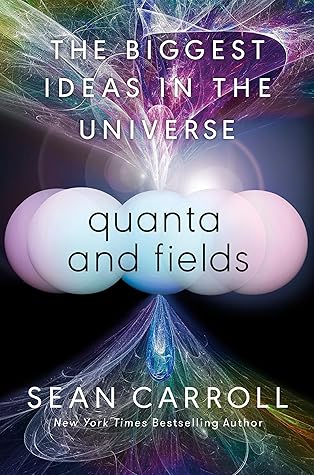More on this book
Kindle Notes & Highlights
by
Sean Carroll
Read between
July 7 - July 16, 2025
This lack of intellectual consensus can be traced to the fact that quantum mechanics seems to attribute special properties to the act of “measuring” or “observing” a physical system. In classical physics, objects have properties like positions and velocities, and you can directly measure them with as much accuracy as you like. Quantum objects seem profoundly different. Measuring the properties of a quantum system tends to dramatically change those properties. In some perfectly reasonable ways of thinking about the theory, a particle such as an electron doesn’t even have properties like
...more
Heisenberg proposed that momentum and position should be thought of as observables—not quantities with definite values but questions we can ask by doing measurements. The question “What is the position of the electron?” doesn’t have an answer before you ask it. You can “measure the position or momentum,” but by doing so you are bringing the measurement’s outcome into existence, not revealing a preexisting truth. With this insight Heisenberg was able to correctly derive the way that light was emitted from atoms.
And that, in turn, means that what we might observe about one particle depends on what we might observe about the other, in a way that in classical mechanics it just doesn’t. This is the most profound fact about quantum mechanics. Once you have really internalized this, many other things become clearer.


